Reflux symptoms like heartburn, indigestion, burping, burning, chest pain or queasiness after meals are not pleasant. Reflux can range from mild burping to severe pain and discomfort. It might be stopping you from eating at social events or bringing on anxiety around food. Luckily there are several things you can do to minimise symptoms.
What Causes Acid Reflux?
Reflux, or gastro-oesophageal reflux disorder, occurs due to stomach acid or bile flowing up into the oesophagus - the food pipe - and irritating the lining. Just above your stomach and leading into the oesophagus there is a bundle of muscles known as lower oesophageal sphincter, which opens and closes to let food into the stomach. However, it can also open to allow the reflux of stomach content. Here are some reasons why this happens.
Stomach Acid
Too much stomach acid is often blamed. But did you know that too little stomach acid is just as common? There needs to be a certain amount of stomach acid present to break down foods properly so that they can enter the small intestine. When there is too little, the food cannot be broken down as efficiently and stays in the stomach for longer, leading to the refluxing of the contents back up into the oesophagus and causing those symptoms.
The stomach environment also needs to be very acidic to kill infections. Too little stomach acid can also contribute to the overgrowth of bacteria in the small intestine, because the environment is too alkaline. This condition is Small Intestinal Bacterial Overgrowth (SIBO).
Adding 1 teaspoon to 1 tablespoon of apple cider vinegar to a glass of water to sip with meals helps to increase stomach acid and break down food.
Diet
Spicy, greasy or fatty foods, citrus fruits, alcohol, caffeine, soft drinks and large carbohydrate meals like a big pasta or bread dish are common culprits for reflux symptoms. These foods are harder to digest and sit in the stomach longer.
Large meals also cause stomach distention, which puts pressure on the lower esophageal sphincter to open and let the contents backup. Caffeine and alcohol also relax this mechanism.
Eating Too Quickly
Inhaling your food does not do you any good. Your stomach is only the size of your first normally but expands. If you don’t help it out by chewing, it has an incredibly hard job ahead of it. If you also have low stomach acid, it is going to take even longer for that food to be broken down. In the meantime, the contents of your stomach might be refluxing back up.
Try not to eat in a rush, chew your food 20 times per mouthful and breath in between!

Lying Down After Eating
Having a large meal right before bed is highly likely to cause reflux. Lying down makes it harder for the food to pass out of the stomach and into the small intestine, meaning that it is putting pressure on the lower esophageal sphincter, which makes it more likely that the contents will reflux back up.
Allow 2-3 hours after a meal before lying down, and large meals should be avoided altogether if you have severe symptoms.

Stress
Stress appears to make you more sensitive to stomach acid in the oesophagus, meaning that you feel the pain more acutely.
Stress also increases the sensitivity of pain receptors in the brain. Being under stress also causes a decrease in the production of prostaglandins, which are a hormone-like substance produced by the body. One of their roles is to help to coat the stomach lining and protect it from acid.
Try to eat meals in a relaxed environment and focus on what you are grateful for at that moment.

You can find more about acid reflux here.
About Sarah Spann
Sarah Spann is a Holistic Gut Health Consultant based in Brisbane, Australia. As an author, speaker, clinical nutritionist and wellness coach, she is dedicated to changing the paradigm of gut health and helping her clients to get back the freedom, energy, and vitality their digestive issues have taken away. Sarah’s passion is in empowering people to nurture themselves back to their most vibrant health so they can thrive in their lives.
Sarah was drawn to nutritional medicine after a long history of poor gut health including her diagnosis of celiac disease. With over 10 years of combined personal and clinical experience, and through working with many clients, Sarah has a deep understanding of the unique and holistic approach required to facilitate long-term gut healing.
Sarah’s qualifications include a Bachelor of Health Science (Nutritional Medicine) and Advanced Diploma of Nutritional Medicine. She is a registered nutritionist with the Australian Traditional Medicine Society.
Her work has been featured on Healthline, Food Shopper, and Health Magazine UK, amongst others. She has also featured in many interviews including the Humanley podcast, eHealth Radio Network and Ticker TV.
You can find Sarah at her website https://sarahspann.net or Instagram @therealsarahspann. Her book, Mind the Gut, is available on Amazon.














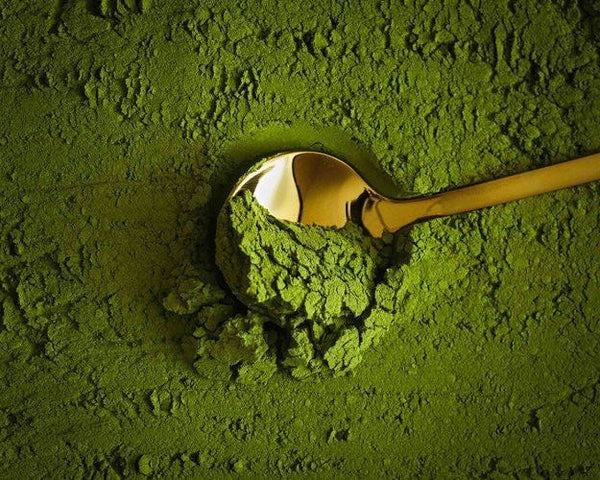
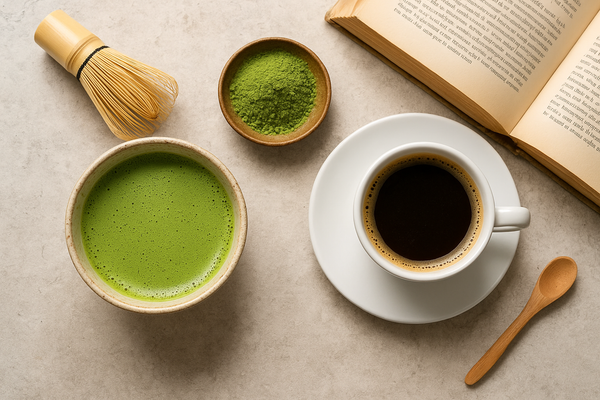
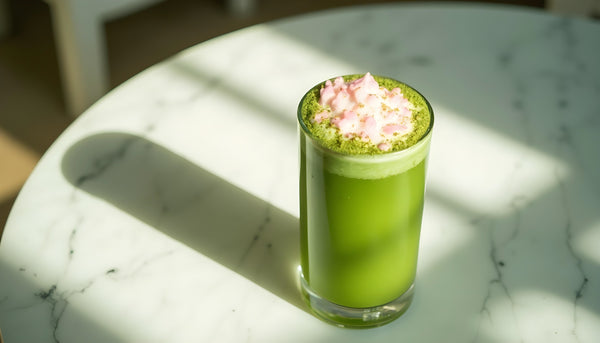
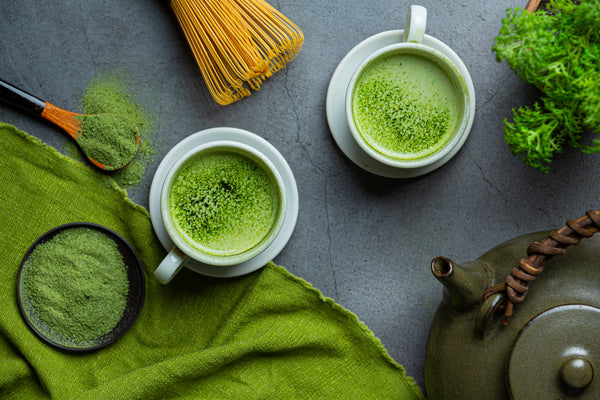
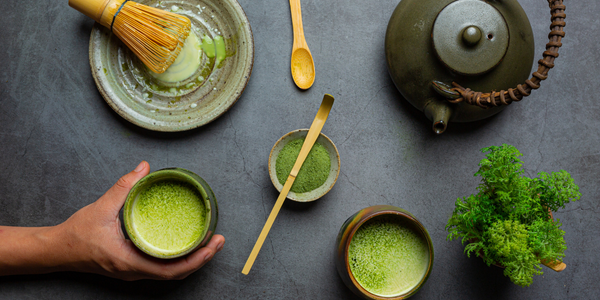
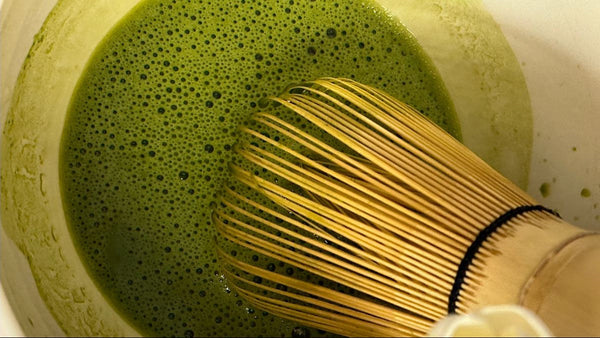
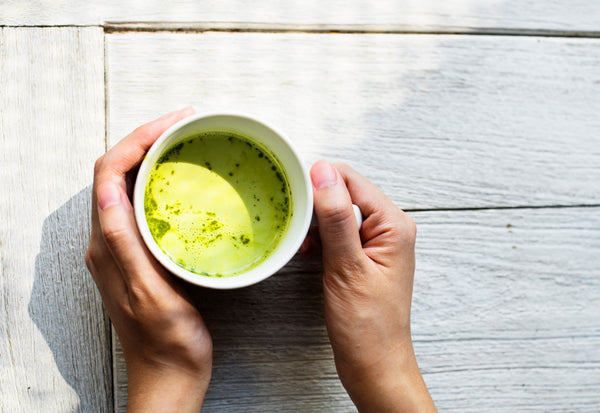






 DOWNLOAD NOW
DOWNLOAD NOW
